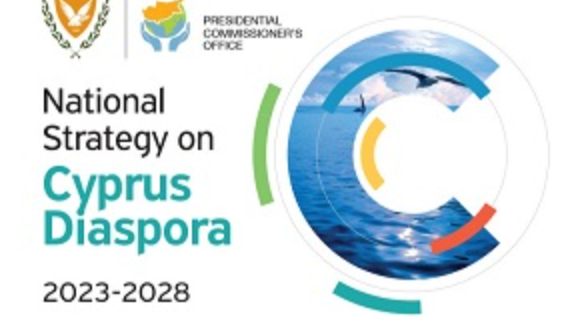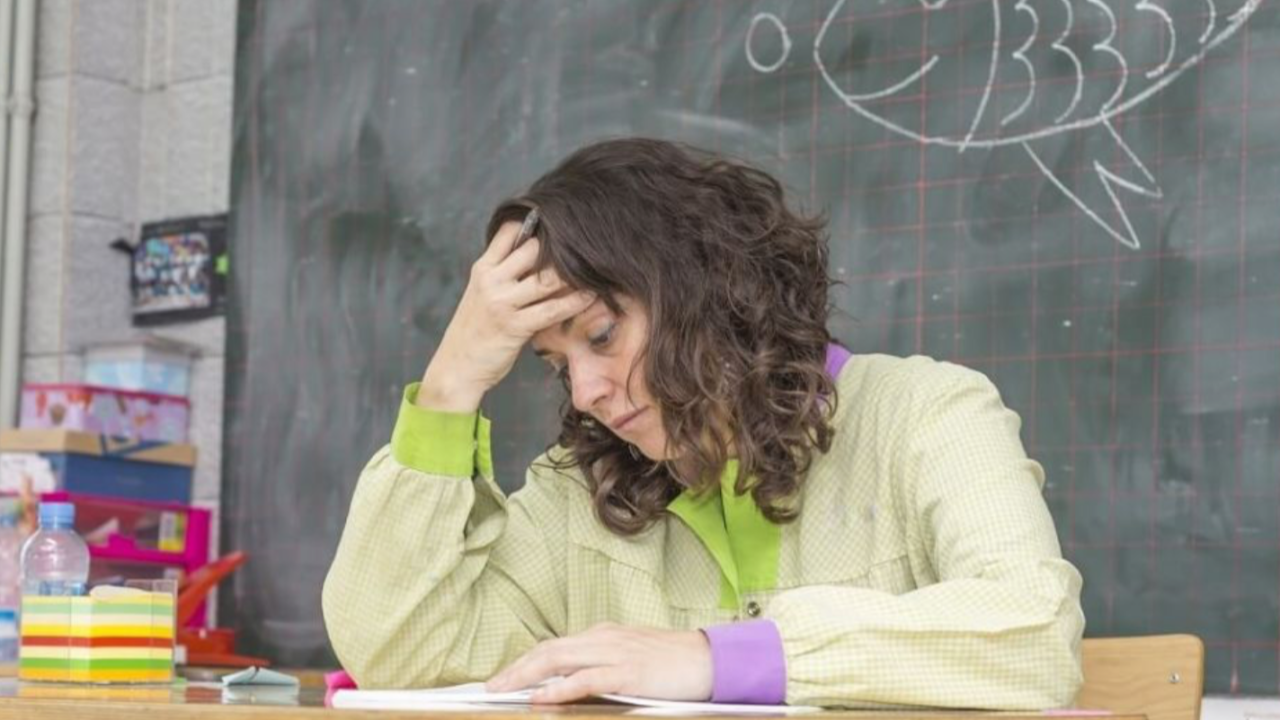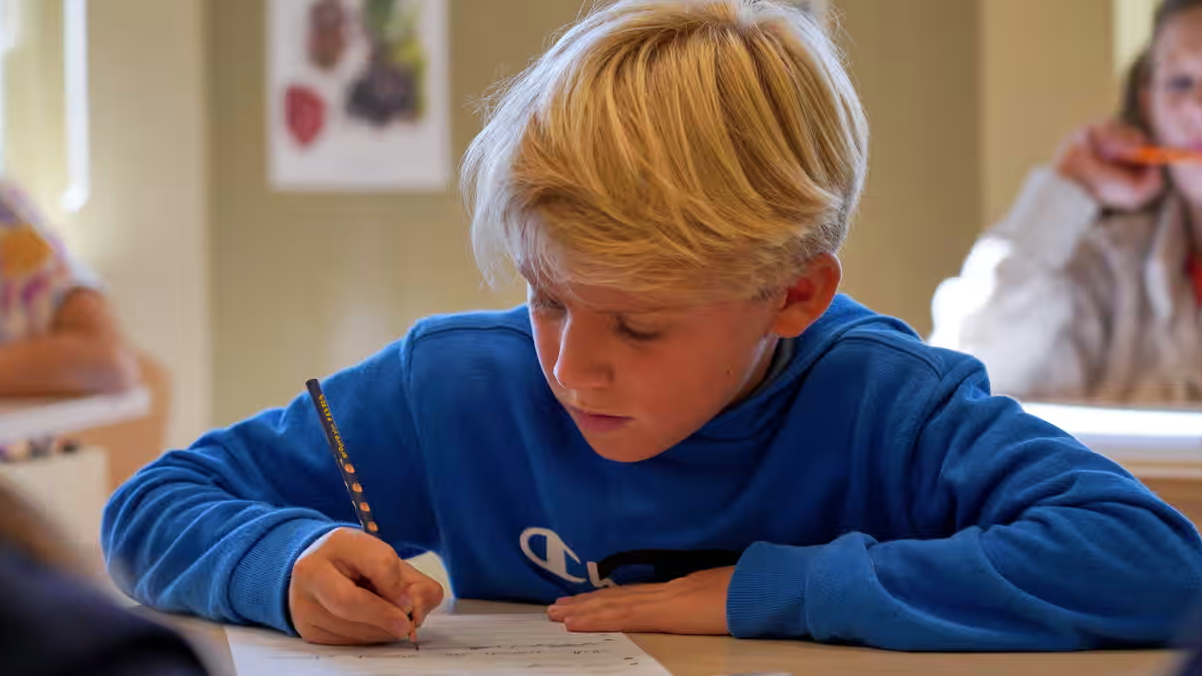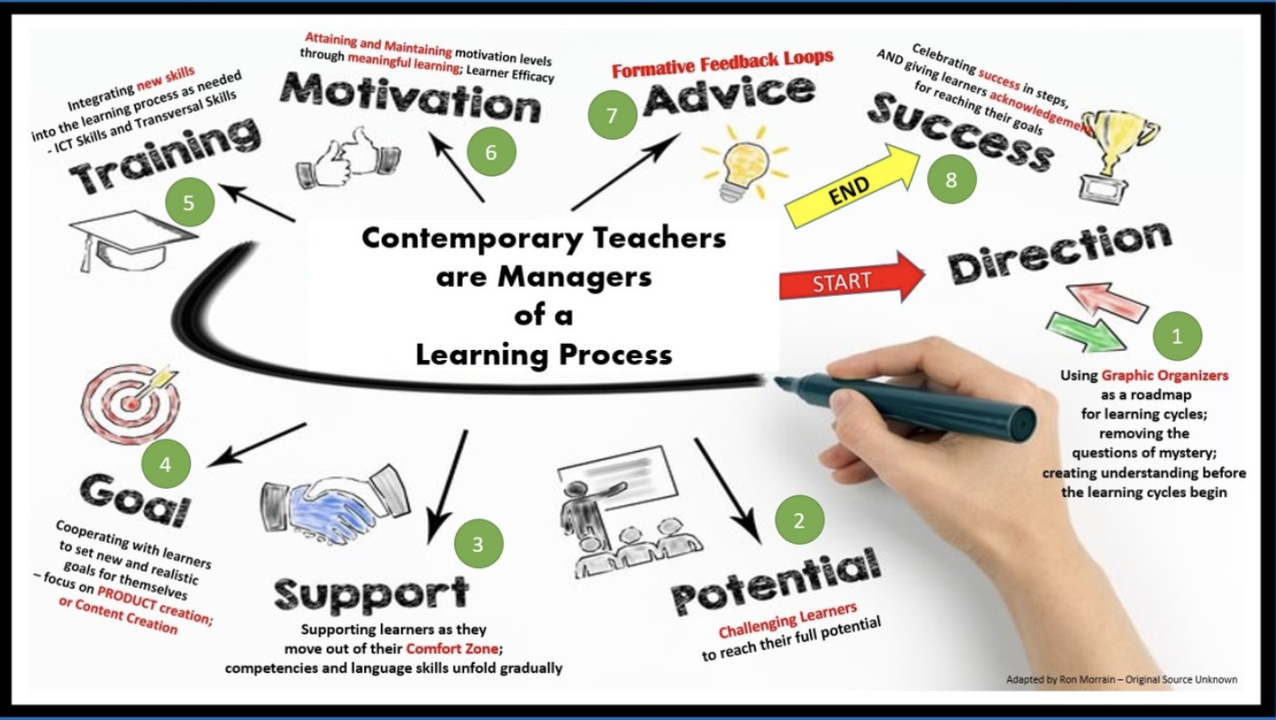Innovating education
The challenges faced by Cyprus’s education system underscore the need for thoughtful and transformative reform. With the collaborative efforts of the Cyprus Diaspora and the Ministry of Education, there lies significant potential to drive impactful change.
By prioritising key areas such as mental health support, inclusivity, curriculum modernisation, and digital transformation, Cyprus can build an educational framework that is both dynamic and equitable.
This article explores innovative solutions that aim to empower students and ensure they are well-prepared to thrive in a rapidly evolving global landscape.
Rapidly evolving educational landscape
In an era defined by information overload and rapid change, the ability to think critically is paramount.
Teachers face the challenge of equipping students not just with knowledge, but with the capacity to analyse, evaluate, and synthesise information effectively.
This necessitates a shift towards teaching methodologies that prioritise deep understanding and the application of critical thinking skills, rather than rote memorisation.
The Challenge of Teaching Critical Thinking: Subject-Specific Mastery
Daniel T. Willingham, a cognitive scientist renowned for his research on learning and the brain, provides invaluable insights into this endeavour.
He dismantles the notion of critical thinking as a generic skill, emphasising its inextricable link to content knowledge.
His work highlights that the critical thinking required to analyse historical documents differs fundamentally from the scientific method of hypothesis testing.
This underscores the need for subject-specific approaches to teaching critical thinking, ensuring students develop the necessary tools within each discipline.
The Importance of Content Knowledge: Building a Foundation for Analysis
High-quality teaching recognises that content knowledge is not merely a collection of facts; it is the bedrock upon which critical thinking is built.
Without a solid understanding of the subject matter, students lack the context to effectively evaluate arguments, solve problems, or draw meaningful conclusions.
Therefore, integrating content knowledge with critical thinking skills is essential.
Teachers must move beyond surface-level learning, fostering deep comprehension that allows students to analyse information with nuance and precision.
Building Skills Step-by-Step: Progressive Mastery
Effective pedagogy emphasises a progressive approach to learning.
Starting with foundational concepts and gradually introducing more complex ideas allows students to build a robust knowledge base.
This step-by-step methodology ensures students are well-prepared to engage in higher-order thinking, preventing frustration and fostering a sense of accomplishment.
High-quality teaching prioritises this carefully scaffolded progression, ensuring no student is left behind.
Regular Practice and Application: Reinforcing Critical Thinking
Retention and application of critical thinking skills require consistent practice.
Teachers must create opportunities for students to revisit and apply these skills in varied contexts.
Encouraging students to draw connections between different problems and subjects strengthens their ability to transfer knowledge and adapt to new situations.
This regular practice fosters intellectual agility, a hallmark of high-quality learning.
Clear Problem-Solving Steps: Structured Thinking
In disciplines like mathematics and science, clear problem-solving steps are crucial.
Explaining the rationale behind each step helps students understand the process and improves their adaptability.
High-quality teaching emphasises clarity and structure, demystifying complex procedures and empowering students to approach challenges with confidence.
Encouraging Questioning and Creativity: Fostering Intellectual Curiosity
A classroom environment that encourages questioning and creativity is vital for developing critical thinkers.
Students should feel safe to challenge assumptions, explore diverse perspectives, and engage in intellectual debate.
High-quality teaching cultivates this culture of inquiry, fostering a sense of intellectual curiosity and empowering students to become active participants in their learning.
Real-World Assessments: Authentic Application
Assessing critical thinking skills through authentic, real-world scenarios is essential. Analysing persuasive rhetoric in an English class or conducting a scientific investigation in a lab setting allows students to apply their knowledge and skills in meaningful ways.
High-quality assessment moves beyond standardised tests, embracing tasks that require students to demonstrate their ability to think critically in practical contexts.
Comparing with IB Teaching Methods: A Holistic Approach
The International Baccalaureate (IB) framework aligns closely with these principles, emphasising holistic education and inquiry-based learning.
The IB’s Approaches to Teaching and Learning (ATL) skills, including thinking, research, communication, social, and self-management skills, mirror Willingham’s strategies.
This alignment underscores the importance of a comprehensive approach that integrates content knowledge with the development of critical thinking skills.
The Role of ATL Skills: Empowering Independent Learners
ATL skills empower students to become independent learners, capable of analysing information, solving problems, and communicating effectively.
Thinking skills, research skills, communication skills, social skills, and self-management skills each contribute to the development of a well-rounded critical thinker.
High-quality teaching actively cultivates these skills, preparing students for success in a complex and interconnected world.
Conclusion: A Commitment to Critical Thinking
In conclusion, fostering critical thinking is fundamental to high-quality teaching and learning.
By integrating content knowledge, building skills progressively, encouraging questioning, and utilising real-world assessments, educators can cultivate a generation of thoughtful and adaptable individuals.
Drawing inspiration from frameworks like the IB, educators can create rich, engaging learning environments that prioritise deep understanding and the application of critical thinking, ensuring students are well-prepared to navigate the challenges and opportunities of the 21st century.
Current Challenges in Cyprus’s Education System
The education system in Cyprus faces several challenges, including:
- Mental Health Issues:There has been a significant increase in mental health disorders among children, with a rise in depression and anxiety. This is exacerbated by the stress and pressure of academic expectations.
- Teacher Placement System:The primary school teachers’ union has demanded immediate consultation on plans to abolish the current teacher placement system, adding to growing tensions over widespread education reforms.
- Inclusivity and Equal Opportunities:While the education system places great importance on inclusivity, there are ongoing efforts to ensure that students with special needs receive adequate support and that equal opportunities are promoted.
Private vs. International Schools in Cyprus
Cyprus offers both private and international schools, each with distinct characteristics:
- Private Schools:These schools are present in all the larger cities (Paphos, Nicosia, Limassol, and Larnaca) and typically offer excellent teaching standards and facilities. Most private schools teach in English and provide a general education framework, with some offering specialised tracks. They can be costly, with tuition depending on the child’s age and school requirements. Parents should also anticipate supplementary costs such as registration and enrolment fees, books, uniforms, lunch, and school bus expenses.
- International Schools:Most expats living in Cyprus, especially those whose first language is English, send their children to private international schools. These institutions offer the benefit of children being surrounded by others who speak their language and share similar experiences as third-culture children. They often have a better selection of extracurricular activities and commonly offer the British and American programmes, along with the International Baccalaureate. These schools also tend to be rather expensive, so negotiating for the inclusion of education as part of a relocation package is advisable.
Examples of Successful Critical Thinking in Cyprus
One notable example of successful critical thinking in Cyprus is the use of participatory drama in primary schools. A case study conducted by Antri Efthymiou explored the effects of participatory drama on groups of upper primary school students with the intention of enhancing their critical thinking. The study involved a series of drama workshops designed to engage students in critical thinking through various drama contexts and stories. The findings highlighted the importance of drama in fostering children’s critical thinking, as students were able to relate their learning experiences to real-life situations and make informed decisions.
Possible Reform Solutions for Cyprus’s Education System
To address the challenges in Cyprus’s education system, several reform solutions can be considered:
- Mental Health Support:Implementing comprehensive mental health programs in schools to support students’ well-being and address issues such as depression and anxiety.
- Teacher Placement System:Engaging in consultations with teachers’ unions to develop a fair and transparent teacher placement system that aligns with educational reforms.
- Inclusivity and Equal Opportunities:Enhancing support for students with special needs and promoting equal opportunities through targeted programs and resources.
- Curriculum Adjustments:Reducing the scope of the required curriculum to better align with modern educational needs and focus on critical thinking and real-world applications.
- Digital Transformation:Embracing digital technologies and artificial intelligence to create a high-performing digital education ecosystem and enhance digital skills and competences.
These reform solutions aim to improve the quality of education and support the well-being of students in Cyprus, ensuring they are well-prepared to navigate the complexities of the modern world.
Conclusion
In conclusion, a solid foundation of content knowledge is essential for cultivating critical thinking and preparing students for real-world challenges.
By progressively building skills, providing consistent practice, and fostering an environment where questioning and creativity are encouraged, educators can nurture independent, agile learners.
Drawing on proven frameworks such as the International Baccalaureate, which blend structured, transparent teaching with authentic, real-world assessments, it becomes clear that transforming Cyprus’s education system is not only possible but necessary.
With the concerted efforts of the Cyprus Diaspora and the Ministry of Education, innovative reforms—ranging from enhanced mental health support and fair teacher placement systems to digital transformation—can lead the way toward a resilient, inclusive, and future-ready educational landscape.








